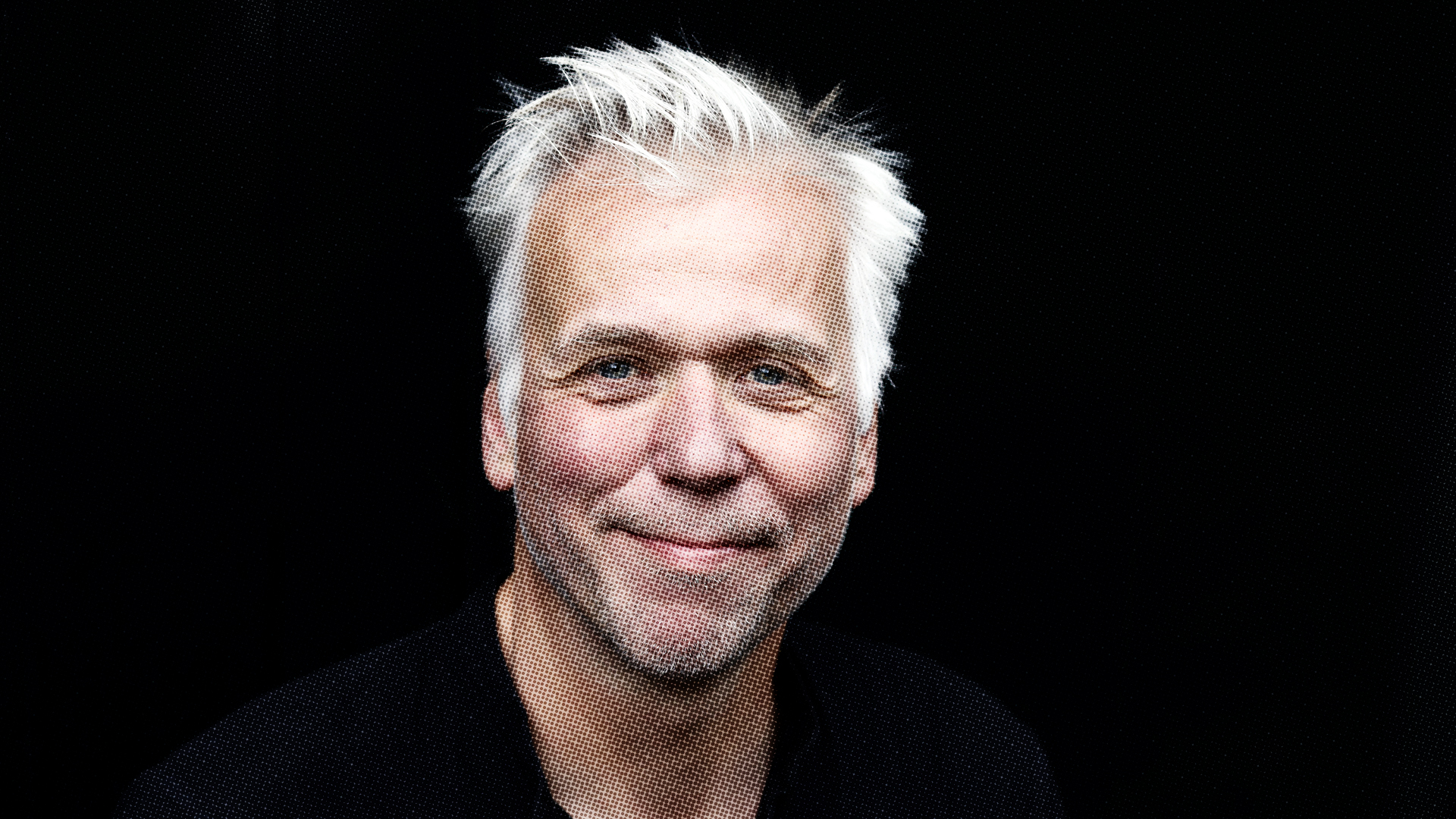Historian Harmen Jalvingh discovered his romantic nature while studying history in Groningen. Rather catch beautiful stories in documentaries than in the coldness of science, was his conclusion. That documentaries can make the world a better place is a conviction. If only a little.
How did you end up at Doxy?
'That was 10 years ago next year. Through via I met Janneke and she was looking for someone like me. We have similar ideas about film. And I thought she made tough decisions. For example, to rent out the WHOLE Concertgebouw for the premiere of Ramón Gieling's film Erbarme Dich. Then you do something that suits the film. Before Doxy, I worked at different production houses.
I studied history in Groningen and was always shooting and filming there too. Experimental stuff we showed once a month for some loyal family members. Eventually, I figured out to combine my love for filmmaking and my love for stories. It regularly happens that I continue working at home in the evenings. This work is not a job. It is something inside me, my being. I want to make sure that what is inside me comes out. We have to work harder. Budgets are much lower than in fiction, so you have to make more to turn over revenue. The flush is getting thinner.'
Did you never want to become a maker yourself?
'Very briefly! I made my first film in Groningen about Café de Beurs, an unusual living-room-style café on the Vismarkt where the SDB had been founded with Domela Nieuwenhuis.
I directed and produced that first film myself. Then I noticed that directing gave me sleepless nights. You are so occupied with one thing. Now I am busy with 20 to 25 projects and can be there at the right moment to give a push somewhere.
All the projects are all in different phases.
With one film, you are still sparring with questions like what is at stake and where is it going? Is it viable? If it's a feature length documentary, you have a different funding strategy than if it's a television documentary. What potential does this plan have? You have to think of all that on the front end and I am often in contact with Janneke and with Sylvia.'
What is important to you in a film?
'Layering is important to me. I promote the kind of films that cinematically push the edges. How far can you go to tell your story? Like in Stop Filming Us (2020) by Joris Postema. That won the Movies That Matter Award, but exactly that year the festival was cancelled because of Corona. So we won an award with a film no one saw. Then it went into release online. We did a lot of discussions with the maker.
The film is about imaging and about Africa, about black and white, north-south, east-west. Our image is always defined by white people. In Goma, Congo, where we filmed, more than 250 NGOs operate. That's a whole industry. They don't ask what do you need? No, they come up with it. And also Joris is a white man. It was inevitable that his perception had to be a part of the film. We organised a screening in Goma in Congo. The reaction? "Yes nice film, but this is a film for Western audiences." Then there was an African response. I think that suits Doxy: using film as dialogue but in a cinematic way.'
